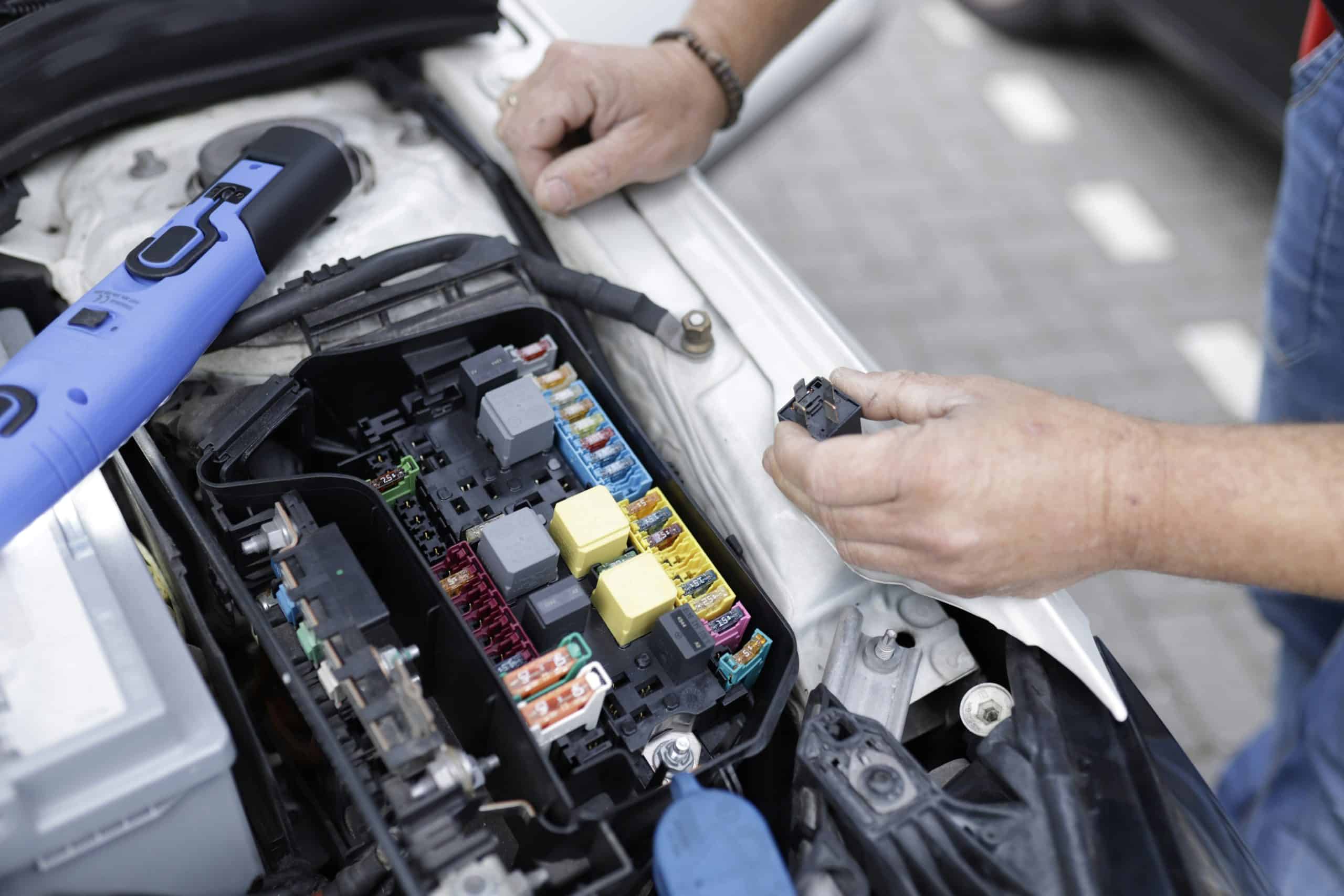As we all know, batteries are an essential component of any vehicle. They help start the engine, power the lights, enable the heating system to function, and provide electricity for other accessories. But when the weather gets cold, many of you may have experienced the frustrating scenario of a car that just won’t start. This is often due to your battery struggling to provide the necessary power in cold conditions. But worry not, this guide will help you to select the best battery for your vehicle that can withstand the frigid temperatures of winter and perform reliably under any conditions.
Understanding Battery Performance in Cold Conditions
Before we delve into the specifics of choosing a battery, it’s important to understand why batteries often fail in cold weather. The capacity of a battery, which refers to the total amount of energy it can store, decreases as the temperature drops. This is due to the slowing down of the chemical reactions within the battery that generate electricity.
Lire également : Can a Diffuser Enhance Rear Downforce?
Additionally, engines require more power to start in cold temperatures, putting further strain on the battery. The measure of a battery’s ability to start an engine in cold weather is known as Cold Cranking Amps (CCA), with higher CCA values indicating better performance in the cold. Therefore, when selecting a battery for cold climates, considering its CCA rating is crucial.
Choosing the Right Type of Battery
There are several types of batteries available on the market, but the best for cold climates are Absorbed Glass Mat (AGM) batteries and Lithium batteries.
Lire également : What’s the Best Way to Clean Alloy Wheels?
AGM Batteries
AGM batteries are a type of lead-acid battery that stands out for their high performance, especially in cold weather. What sets AGM batteries apart is their design. The electrolyte in an AGM battery is absorbed into a fiberglass mat, which allows for faster discharge and recharge times compared with traditional lead-acid batteries. This design also enhances their cold cranking ability, making AGM batteries an excellent choice for cold climates.
Furthermore, AGM batteries are highly resistant to vibration, making them durable and longer-lasting. They require minimal maintenance and offer deep cycling capabilities, meaning they can withstand repeated draining and recharging without losing their capacity.
Lithium Batteries
Lithium batteries, specifically Lithium Iron Phosphate (LiFePO4) batteries, are another excellent choice for cold climates. These batteries maintain a high performance at low temperatures and offer several advantages over traditional lead-acid batteries. They are lighter, have a longer lifespan, and can provide power for a longer period.
However, it’s important to ensure that a lithium battery comes with a Battery Management System (BMS). A BMS protects the battery from damage due to overcharging, deep discharging, or operating in extreme temperatures.
Checking the Battery’s CCA Rating
As previously mentioned, the CCA rating of a battery is a critical factor to consider when choosing a battery for cold climates. The CCA rating indicates the number of amps that a 12-volt battery can deliver at zero degrees Fahrenheit for 30 seconds while maintaining a voltage of at least 7.2 volts.
The higher the CCA rating, the better the battery is at starting a vehicle in cold weather. Therefore, for cold climates, it’s recommended to choose a battery with a high CCA rating to ensure reliable performance during the winter months.
Maintenance and Care of Your Battery
Maintaining your battery in optimal condition is key to its performance and longevity. Even the best battery will fail prematurely if not properly cared for.
Regular checks and cleaning can prevent the build-up of corrosion on the battery terminals, which can impede the flow of electricity. If your vehicle is not used regularly, consider using a battery maintainer or trickle charger to keep your battery at full charge. This is especially important in cold weather when battery capacity is naturally reduced.
Also, inspect the battery case for any cracks or damage. An intact case is crucial to keep the battery insulated from cold temperatures. If you notice any signs of damage, replace the battery immediately.
By understanding the factors affecting battery performance in cold weather, selecting the right type of battery, paying attention to the CCA rating, and taking good care of your battery, you can ensure your vehicle remains reliable, even in the coldest of climates. Let’s embrace the winter with confidence, knowing our vehicles are powered by the best battery for the weather conditions.
Battery Warranty and Reserve Capacity
When it comes to choosing a car battery for cold weather, two other factors worth considering are the battery warranty and its reserve capacity.
The battery warranty offers a safety net for your purchase. Most car batteries come with a warranty that typically lasts 3-5 years. However, the length of the warranty isn’t the only factor to consider. It’s also essential to check what the warranty covers. For instance, some warranties offer free replacement, while others might only cover a portion of the replacement cost. Therefore, when buying a battery, consider the warranty’s terms and conditions.
Reserve capacity, on the other hand, indicates how long a battery can deliver a certain amount of power without the engine running. This is important for cold climates because if your engine fails to start, the battery’s reserve capacity can supply power to your vehicle’s essential electrical systems, such as the lights and heating system. Therefore, it’s recommended to choose a battery with a high reserve capacity to ensure it can provide the necessary power even in cold temperatures.
In summary, don’t overlook the warranty and reserve capacity when choosing a battery for your vehicle. They can greatly affect the battery’s overall performance and reliability in cold weather.
Conclusion: Choosing the Best Battery for Cold Climates
In cold climates, the choice of a car battery is not something to be taken lightly. It can be the difference between an effortless start on a frosty morning and the frustration of a vehicle that won’t respond. There are several factors to consider when selecting a battery that can withstand the rigors of cold temperatures.
Firstly, understanding the performance of car batteries in cold weather is crucial. This includes knowing the effects of cold on battery capacity and acknowledging the importance of a battery’s Cold Cranking Amps (CCA) rating.
Next, choosing the right type of battery is paramount. AGM batteries and lithium batteries are ideal for cold weather due to their design and high-performance levels. However, remember to choose a lithium battery with a Battery Management System (BMS) for safety reasons.
Checking the battery’s CCA rating is essential. A high CCA rating indicates a battery’s ability to start a vehicle in cold weather. Also, consider the battery’s warranty and reserve capacity as these factors can greatly affect its performance and reliability.
Lastly, regular maintenance and care can prolong your battery’s lifespan and ensure its optimal performance. This includes regular checks and cleaning, ensuring your battery is always fully charged, especially in cold weather, and inspecting the battery case for any damage.
By paying attention to these factors, you can confidently choose the best battery for your vehicle that can perform reliably, even in the coldest weather conditions. With the right battery, you can embrace the winter with confidence, knowing your vehicle is powered by the most suitable battery for the cold.











